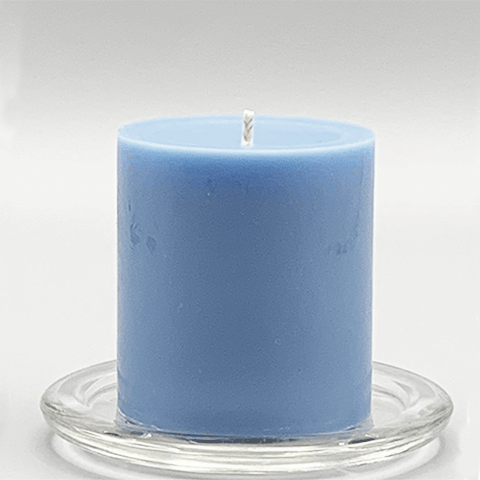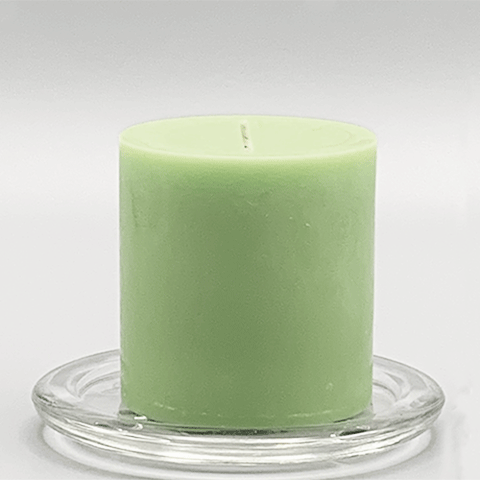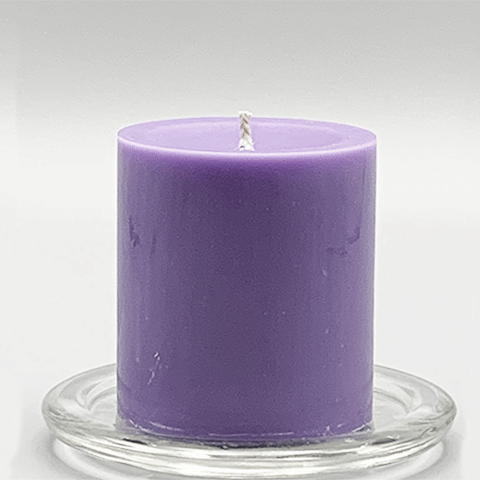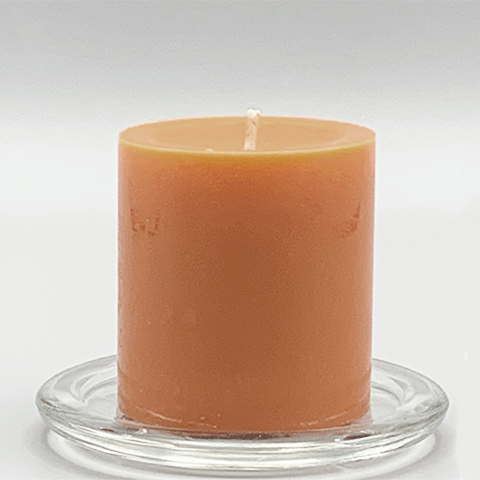This is the obituaries section for people who have made a contribution to the area – Combe Down, Monkton Combe, Midford
It’s a form of recognition and hopefully will shed some light on interesting aspects of the people of Combe Down.
If you are submitting an obituary for publication, then you may wish to read these hints: How to write a tremendous obituary.
Henry John Patch
17/06/1898 - 25/07/2009

Obituary For Henry John Patch
PRIVATE HARRY PATCH
Private Harry Patch (who died on July 25 2009, aged 111) is considered the last surviving British soldier to have gone into action on the Western Front, an experience about which he retained bitter memories.
When the television documentary makers started to interview the small corps of centenarian veterans at the end of the 20th century they found that several retained vivid memories of the trenches. But Patch was the one who burned with the strongest indignation - at the constant danger, the noise, the rats, the lice and the biscuits that were too hard to eat at Passchendaele.
He remembered the fear and bewilderment of going over the top', crawling because walking meant the certainty of being mowed down by the German machine guns. As his battalion advanced from Pilckem Ridge, near Ypres, in the summer rain of 1917 the mud was crusted with blood and the wounded were crying out for help. "But we weren't like the Good Samaritan in the Bible, we were the robbers who passed them by and left," said Patch.
As his unit came across a member of the regiment lying in a pool of blood, ripped open from shoulder to waist, the man said: "Shoot me". But before anyone could fire, the man died with the word "Mother" on his lips. "It was a cry of surprise and joy," recalled Patch, "and I'll always remember that death is not the end."
When they reached the enemy's second line three enemy stood up, and one ran forward pointing his bayonet. Patch shot him in the shoulder. The man kept on coming. With only three rounds left in his revolver, Patch wondered what to do. Then with "Mother" ringing in his ears, he deliberately fired at him below the ankle and above the knee.
At 10.30 pm on September 22 Patch's five-man Lewis gun team was crossing open ground single file on the way back to the support line when a shell exploded, blowing the three carrying the ammunition to pieces. Patch was hit in the groin, and thrown to the ground. Waking in a dressing station he realised that, although very painful, his wound was little more than a scratch.
The following evening a doctor explained that he could remove a two-inch piece of shrapnel with a jagged edge, but there was no anaesthetic available. After thinking over the prospects Patch agreed to have the sliver removed, and had to be held down by four men as it was extracted with tweezers. The operation took 2 minutes, during which he could have killed the doctor.
The son of a master stonemason, Henry John Patch was born at Combe Down, near Bath, on June 17, 1898, and educated at the local Church of England school. On leaving at 15 he was apprenticed to a plumber. One of his brothers, a sergeant-major in the Royal Engineers, had been wounded at Mons, so young Harry knew enough to have no wish to go when called up at 18.
Sent for six months to 33rd Training Battalion near Warminster, Wiltshire, he learned to lock up his kit after his boots were stolen, and earned his crossed guns badge for marksmanship, which came with an extra 6d a day.
On landing in France in June 1917, Patch became a Lewis machine-gunner with C Company of 7th Battalion Duke of Cornwall's Light Infantry at Rouen, and he was in the trenches on his 19th birthday. He did not go into action that day, but saw the Yorkshires and Lancashires climbing out of their dugouts to be mowed down before reaching the German line.
While watching through his firing aperture two dogs scrapping for a biscuit, he found himself wondering why he was fighting for "19d a flipping day". Nevertheless there were some compensations, such as the comradeship and learning to smoke with his pipe upside down so that there was no glow at night, or by getting under a groundsheet to ensure no smoke showed by day.
He would receive occasional parcels from home, though one containing a slice of his brother's wedding cake and an ounce of tobacco had become so jumbled that it had to be thrown away. There was also the respite offered by Talbot House behind Ypres, where there was a sign "Abandon all rank ye who enter here" and the Reverend 'Tubby' Clayton offered games and led the singing.
After being evacuated to England, Patch was sent to a series of hospitals; he met Ada Billington, his future wife, when he knocked her over while running past a cinema at Sutton Coldfield. By the time he was fully fit again, the Armistice had been declared, and he only wanted to forget.
He never watched a war film, or talked about his experiences, even to his wife, with whom he had two sons. Instead he concentrated on returning to plumbing. He did not as he was released after two years of his apprenticeship, though a lawyer told him that the contract had been broken when the firm failed to release him from his indentures in 1918.
After flirting with the idea of joining the police, Patch spurned an offer of his old job back at a full rate and worked on a housing scheme at Gobowen, Shropshire, before being invited to work on the Wills Memorial Tower being built at Bristol University.
With financial help from his boss, he passed the exam to become a member of the Institute of Sanitary Engineers and was made manager of his company's branch in Bristol, to which he cycled twelve miles each day from his home during the General
Strike. After ten years he bought his first car, an Austin Seven, and set up his own business.
At 41 Patch was too old to be called up for the Second World War, but he joined the Auxiliary Fire Service in Bath, and was trained to use a Vickers machine gun if the Germans arrived. Called out to deal with the results of the 'Baedeker raids' he found himself fighting fires all night, not only in Bath but also in Bristol and Weston-Super- Mare. The pumps ran out of water because the drains were fractured, and he remembered diving under his fire engine as it was sprayed with bullets from a low- flying plane.
When three of his plumbers were called up, he sold his business and moved to Street, in south Somerset, after seeing an advert for a sanitary engineer to service military camps.
He bought a partnership, and found that the job meant that he knew about all troop movements, except the launch of the Normandy invasion. Returning to camp one morning he found plenty of food and the fires still burning. The Americans had left behind large amounts of equipment which, after finding no-one prepared to take it, he sold.
Starting up again after the war, he had ten plumbers and eighteen fitters when he reached 65, but was adamant that he was going to work no more.
He and his wife enjoyed ten years of retirement before she died, and a few years later he married Jean with whom he was asked to visit the Normandy battlefield by a friend who had two seats going in his coach. He was driven to tears on Omaha Beach, thinking of the Americans he had known, and had no desire to go again.
But at 92 he was asked to don a hard hat and dungarees to guide geologists from Bath University underneath Combe Down, where the disused quarries had been causing increasing concern about safety. He had not been down for seventy years, but was able to lead the way to one, which had been completely forgotten by the local council.
It was after the death of his second wife and his admission to an old people's home, aged 100, that the light outside his room prompted, as he lay in bed, a recurring nightmare about the flash of the bomb that hit his unit.
By now there were television crews eager for interviews. While agreeing to appear in Richard van Emden's The Trench, in which veterans talked about their experiences and a group of today's young men relived their hardships, he still voiced doubts to the camera: "You can make the programme, you can imitate a shell burst by a thunderclap firework... you can improvise everything, except the fear."
Roundly declaring that anybody who claimed not have been afraid at the front was a liar (pronounced in his defiant West Country burr), he expressed thanks that he had never killed a man. No war was worth the loss of a couple of lives, let alone thousands, for what was nothing but 'a family row', he said, though he admitted he would have shot the Kaiser and Hitler to save millions.
As one programme followed another Patch became a new phenomenon of the age, a centenarian celebrity. He had a cider, Patch's Pride, named after him, and was awarded an honorary degree by Bristol University, where he had worked on the Wills memorial eighty years earlier.
He also received the Legion of Honour from the French government and was induced to meet an Alsatian who had fought on the German side at Passchendaele. He found him "a very nice gentleman"; they exchanged gifts of a bottle of cider and Alsatian biscuits then attended the Last Post ceremony at the Menin Gate.
He found in the old people's home a girlfriend in her eighties but the thought of the fuss the press would make put him off marrying again.
It was the loss of his three friends on the night of September 22 almost ninety years ago that haunted him. "Those chaps are always with me. I can see that damned explosion now," he would say.

/fit-in/200x300/filters:fill(white)/prod/2592/406850/oYZUqjWqfx6DfV5gHarryPatch.jpg)







